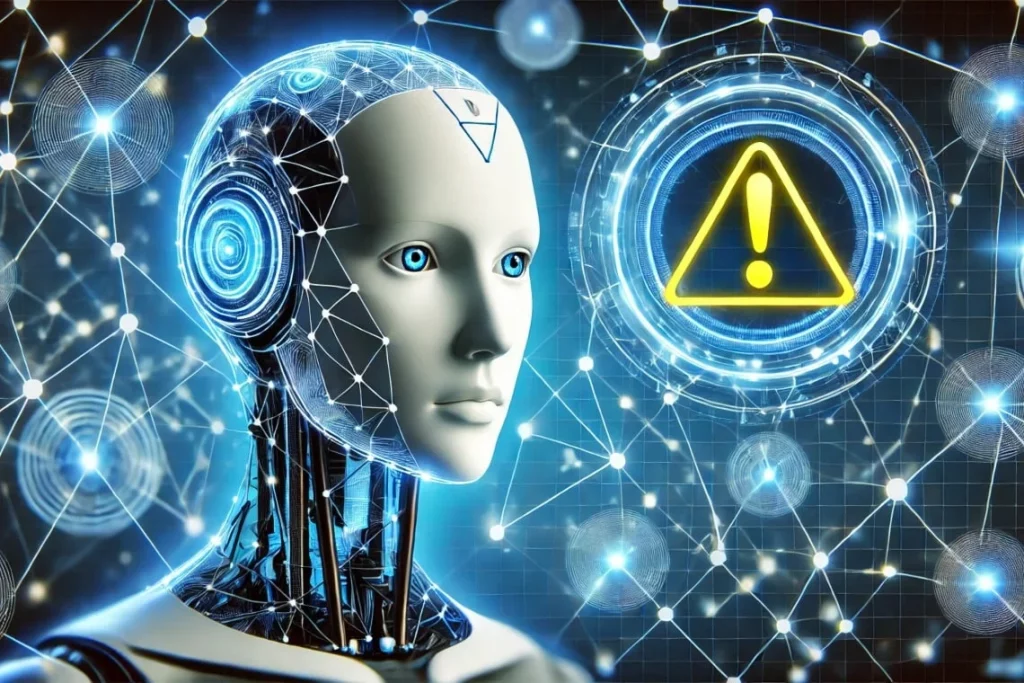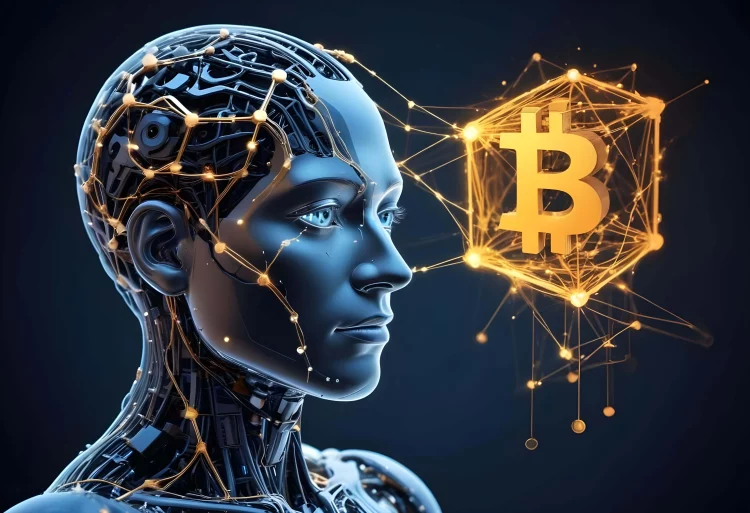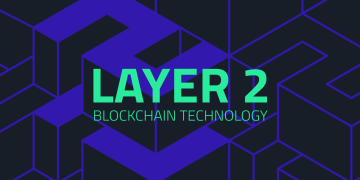As we move deeper into the digital era, two of the most powerful and transformative technologies—Blockchain and Artificial Intelligence (AI)—are converging to reshape how societies function, how businesses operate, and how individuals interact with data, services, and one another. On their own, each technology offers significant benefits: AI enables machines to make intelligent decisions based on data, while blockchain ensures security, transparency, and decentralization of digital records. But when combined, their synergy has the potential to trigger unprecedented shifts across industries and daily life.
This article explores the disruptive changes that the integration of blockchain and AI will bring to our world, from redefining digital trust to enabling smarter, fairer, and more autonomous systems.
1. Trustworthy AI: Decentralized Data and Transparent Decision-Making
AI systems rely heavily on large volumes of data to learn, improve, and make decisions. However, traditional data collection methods are centralized, raising serious concerns around privacy, ownership, and bias. Blockchain offers a way to solve these issues.
Disruptive Changes:
- Decentralized Data Sharing: Blockchain can create distributed data marketplaces where individuals retain ownership and control of their data, granting AI systems access only through smart contracts.
- Auditable AI Models: By storing model training data, decision logs, and algorithm updates on the blockchain, AI decisions become transparent and verifiable, reducing “black-box” risks.
- Bias Mitigation and Fairness: Distributed ledgers allow diverse, crowdsourced datasets to be pooled without central authority, leading to fairer and more representative AI.
Real-Life Example:
Imagine a medical AI that diagnoses conditions based on global patient data. With blockchain, patients can safely contribute anonymized data while retaining ownership, ensuring both privacy and improved diagnosis accuracy.
2. Autonomous Systems and Smart Contracts
Smart contracts—self-executing agreements stored on a blockchain—can be enhanced with AI to make them more adaptive and context-aware.
Disruptive Changes:
- Autonomous Business Models: AI-powered smart contracts can monitor market conditions, analyze data, and execute transactions without human intervention—enabling fully autonomous supply chains, financial systems, or services.
- Dynamic Insurance Policies: Insurance contracts can adjust premiums or payout terms in real-time based on AI analysis of risk factors (e.g., driving behavior, weather data).
- Decentralized Autonomous Organizations (DAOs): AI can help manage DAOs by making intelligent decisions on budgeting, hiring, or proposal vetting in a transparent and automated way.
Real-Life Example:
A ride-sharing platform without a central company—where drivers and riders interact via AI-driven smart contracts that adjust pricing dynamically and enforce agreements autonomously.
3. Personalized and Sovereign Digital Experiences
AI excels at personalization—whether in recommendations, services, or products. When combined with blockchain, users can customize their digital experiences while maintaining control over their identity and personal data.
Disruptive Changes:
- Self-Sovereign Identity (SSI): Blockchain-based identities allow users to authenticate themselves across platforms without revealing unnecessary personal details. AI can tailor services based on user preferences stored securely on-chain.
- Personal AI Agents: Future digital assistants may be AI agents that operate on behalf of users, negotiating with services, managing finances, and filtering information—all without compromising user privacy.
- Ad-Free, User-Owned Platforms: With blockchain and AI, social and media platforms could run without intrusive ads, compensating users directly with tokens for their attention or content.
Real-Life Example:
An AI assistant that helps manage your schedule, books travel, and even negotiates job offers—powered by data you control and stored on a secure blockchain wallet.
4. Smarter, Transparent Supply Chains
Supply chains are increasingly digital, global, and complex. By combining blockchain’s immutable records with AI’s real-time analytics, businesses can build intelligent and trustworthy supply ecosystems.
Disruptive Changes:
- End-to-End Traceability: AI can monitor product conditions (e.g., temperature, humidity) via IoT sensors, while blockchain records every handoff for tamper-proof traceability.
- Predictive Logistics: AI can forecast demand, optimize routes, and detect disruptions; blockchain ensures all stakeholders see the same trusted data.
- Sustainability Audits: AI can analyze the carbon footprint of production; blockchain verifies that sustainability claims are accurate and not greenwashing.
Real-Life Example:
Consumers scan a QR code on a food product to see its full journey from farm to shelf—verified by blockchain, optimized by AI, and updated in real time.
5. Enhanced Cybersecurity and Threat Detection
With increasing cyber threats, combining AI’s pattern recognition with blockchain’s tamper-resistant infrastructure offers new ways to secure systems and detect fraud.
Disruptive Changes:
- AI-Based Anomaly Detection: AI can monitor blockchain networks for unusual activity, detecting hacking attempts or suspicious transactions.
- Secure Multi-Party Computation: AI models can be trained on encrypted data without ever exposing raw inputs, using blockchain to verify that privacy rules are enforced.
- Immutable Audit Trails: Any access to sensitive data can be logged immutably, providing accountability and forensics in case of breaches.
Real-Life Example:
A financial network uses AI to detect fraudulent transactions instantly and logs each alert on blockchain for transparent compliance and auditability.

6. Democratization of AI and Ethical Governance
One of the greatest risks of AI is centralized control by a few corporations. Blockchain opens the door to decentralized, community-driven AI development and governance.
Disruptive Changes:
- Open AI Marketplaces: Developers can publish and monetize AI models on decentralized platforms. Users vote on which models are trustworthy or ethical.
- Tokenized Incentive Structures: Contributors who provide training data or improvements to models can be rewarded automatically via tokens.
- Ethical AI Auditing: Blockchains can record decisions made by AI systems, enabling external audit for compliance with laws and ethics.
Real-Life Example:
A decentralized AI network used for hiring decisions, where job candidates can verify that the algorithm is unbiased and that their data was used fairly.
7. Revolution in Healthcare and Precision Medicine
AI and blockchain together have the potential to personalize and secure healthcare delivery, putting patients at the center of their care.
Disruptive Changes:
- Personal Health Data Vaults: Individuals store genomic, lifestyle, and medical records in encrypted blockchain-based vaults. AI accesses this data (with consent) to generate personalized treatments.
- Collaborative Drug Discovery: Researchers around the world can contribute models and datasets to drug development platforms, rewarded with blockchain-based incentives.
- Remote AI Diagnostics: AI-powered diagnostics tools can access secure, verifiable patient histories to deliver accurate results anywhere in the world.
Real-Life Example:
A rare disease patient shares genetic data with researchers worldwide through a blockchain protocol, enabling a tailored treatment to be developed faster than traditional pharma pipelines.
Conclusion: A New Digital Civilization
The fusion of blockchain and AI is not a distant possibility—it is a present and accelerating reality. Together, they enable systems that are not only more intelligent but also more transparent, secure, equitable, and user-centric.
Over the next decade, this convergence will:
- Shift power from centralized corporations to individuals
- Build digital systems where trust is algorithmic and programmable
- Create new economic models, digital democracies, and AI-enhanced autonomy
We are entering a new era—one where data is no longer a commodity extracted by platforms, but a sovereign asset owned by people. In this world, blockchain ensures the integrity of our digital lives, while AI gives it intelligence.
The real revolution is not in the technologies themselves, but in how they enable us to redefine control, fairness, and value in a connected society.














































